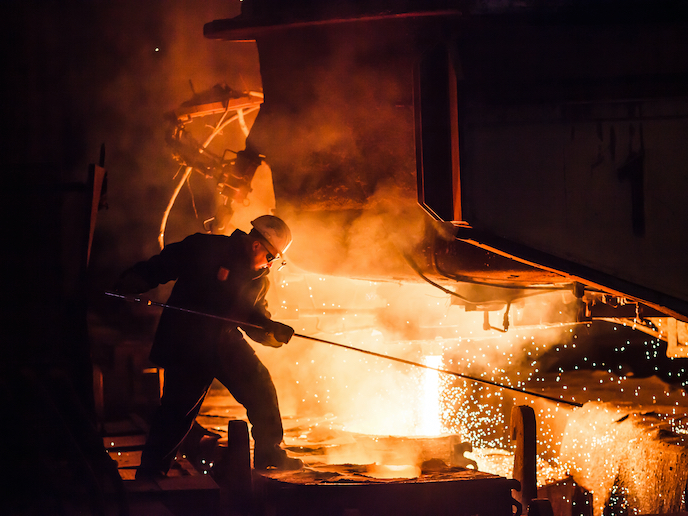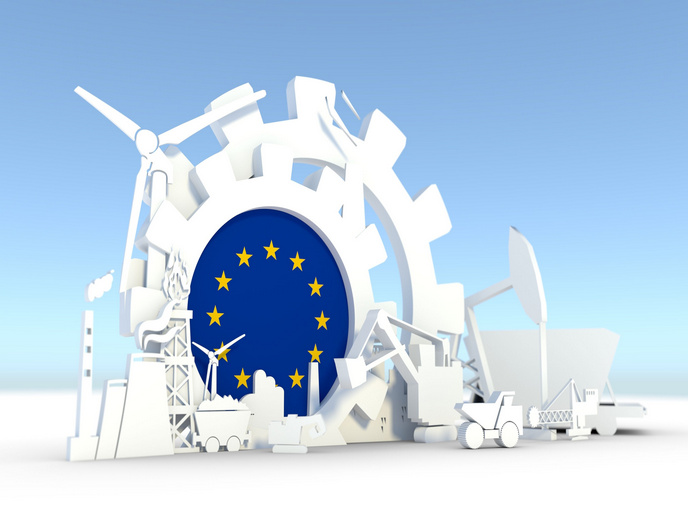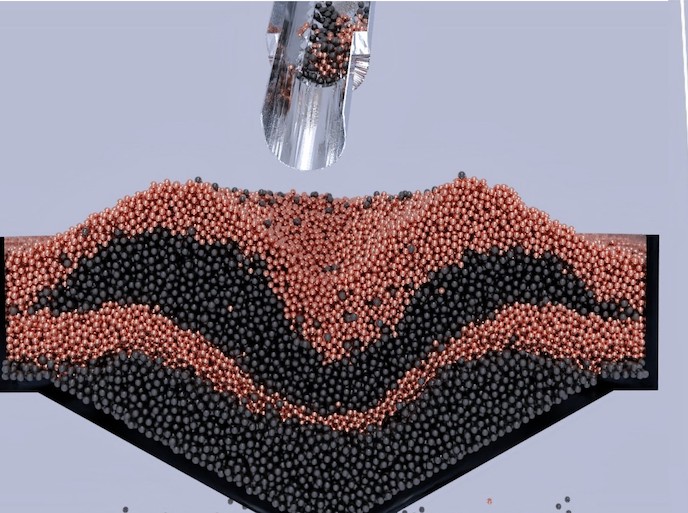A sustainable solution to stainless steel’s pickling problem
The pickling process(opens in new window), used to remove impurities from the surface of stainless steel, is environmentally devastating. Not only does pickling cause water, soil and air pollution, it also wastes valuable resources such as nickel, chrome and iron, among others. Each of these resources must be mined, processed and shipped around the world, producing more pollution and using vast amounts of energy. Facing increasing environmental regulations, the stainless steel industry is desperate for a sustainable solution to its pickling problem. That solution could be REGMAX, an innovative acid regeneration system. “When installed adjacent to an existing pickling line, REGMAX enables a total recovery of all wasted acids and metals,” says Fabian Storek, CEO at SUSTEC(opens in new window), the Austrian sustainable technology company behind REGMAX. Now, with the support of EU funding, SUSTEC has validated REGMAX in real operating conditions.
Closing the pickling loop
REGMAX is a patented two-step process that starts with a gentle drying of the liquid waste acids produced during pickling. The metal salts that are dried during step one undergo a pyrohydrolysis process(opens in new window) in step two, where they are transformed into oxides and gaseous acid and then recovered. According to Storek, REGMAX closes the pickling loop as the acid is reused in the pickling line and the recovered metals are used to produce new steel. “All waste from the pickling process is eliminated by REGMAX and turned into entirely fresh resources,” he explains. “In doing so, we are able to solve the environmental problem of pickling, eliminating toxic waste and pollution, protecting the environment, and enabling a circular economy.”
A full demonstration
Having proven its technology on a small scale, SUSTEC needed to build an industrial pilot plant to convince future customers. With the support of EU funding, they were able to do exactly that. “Our project partner is a global player in the stainless steel industry,” remarks Storek. “The company has been looking for a sustainable solution to deal with the waste acids produced during pickling and they were happy to see if REGMAX could do the trick.” The project built a fully operational REGMAX plant next to the steel producer’s pickling line. The plant is designed to run 24/7 unattended, with only periodic supervision needed. “We demonstrated that our complex, automatic system works very well, ensuring a safe and stable operation in the plant,” adds Storek. In addition to installing the complete acid and metal recovery process, researchers also implemented a heat recovery system. “Not only will the plant recover more than 10 million litres of toxic waste acid every year, it also drastically reduces the REGMAX plant’s energy consumption,” concludes Storek. “The result is a win-win for the environment and the manufacturer.” With the pilot project having proved the technology at an industrial scale, REGMAX is now available on the market. REGMAX has been certified by the Solar Impulse Foundation(opens in new window) as meeting several UN Sustainable Development Goals(opens in new window). The Swedish Environmental Protection Agency(opens in new window) has confirmed the system’s CO2-equivalent saving, and Mission Innovation(opens in new window) named REGMAX as one of the 100 solutions that can significantly contribute to creating a carbon-neutral world.







